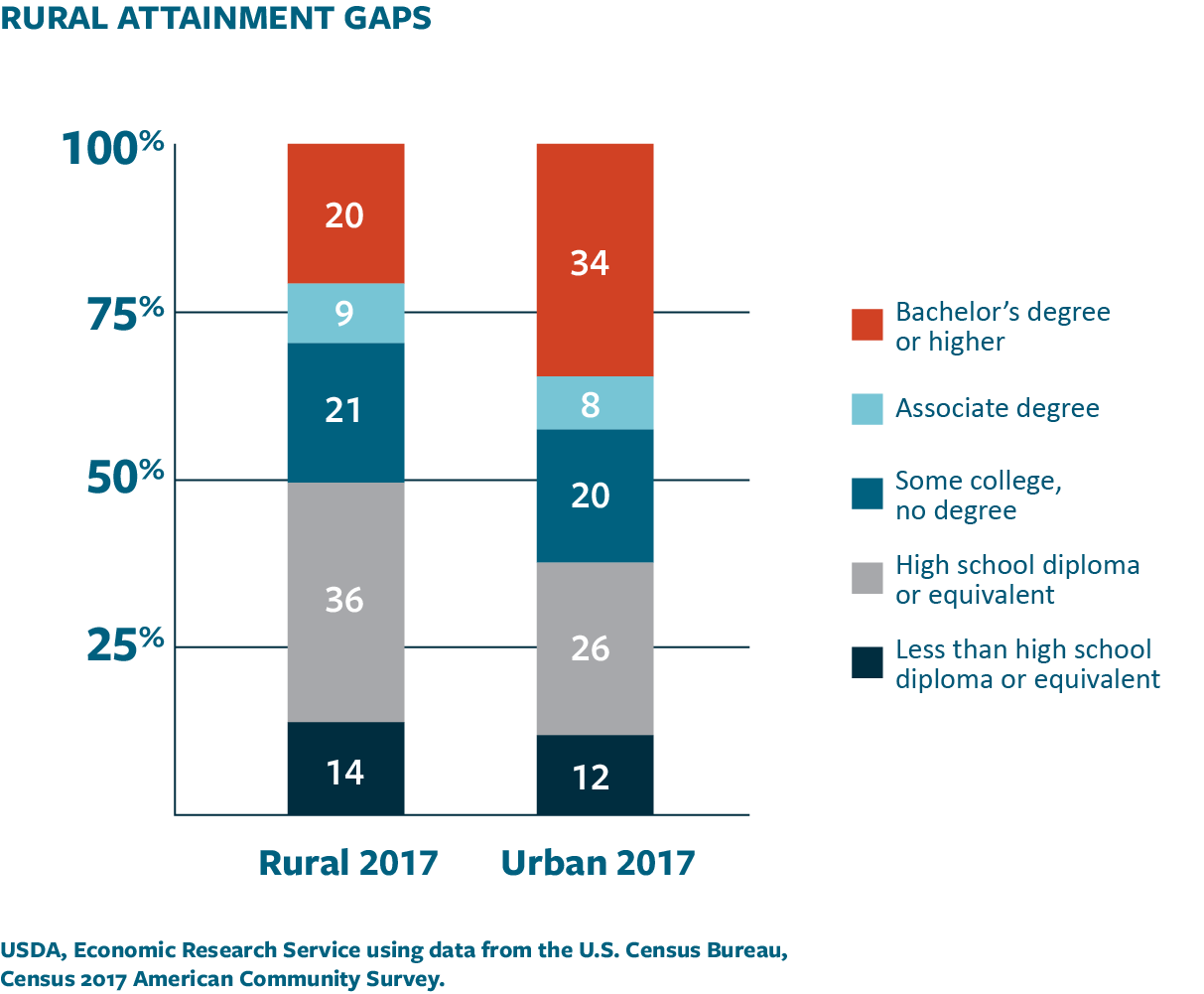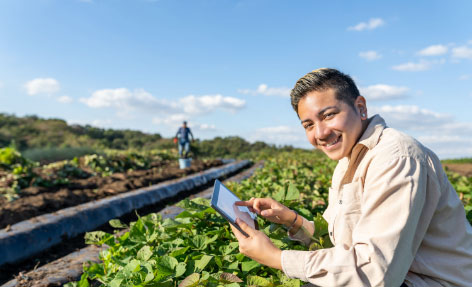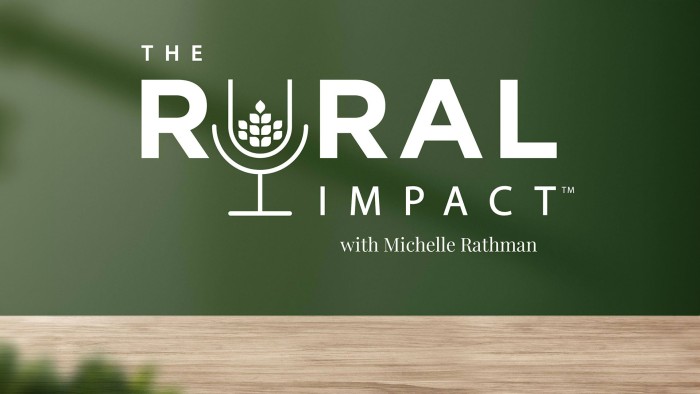Building Pathways to Rural and Tribal Employment
Exploration
American Indian College Fund|$2,500,000|12/2023 - 6/2028
This grant supports the American Indian College Fund in supporting tribal colleges and universities to implement intentional career development programming that will prepare American Indian and Alaska Native learners from low-income backgrounds for, and connect them with, good jobs in their regions.
Expanding Rural Guided Pathways
Scaling
New Venture Fund|$4,200,000|10/2024 - 12/2027
This grant supports the National Center for Inquiry and Improvement in expanding comprehensive “guided pathways” student success reforms at rural community colleges. The expansion will support the existing cohort of 16 colleges in strengthening their reform efforts and add a cohort of 16 additional rural colleges.
Building Rural Community Learning Systems: Education to Employment Partnerships
Exploration
Columbus Learning Center Management Corporation|$1,600,000|3/2024 - 12/2026
This grant supports CivicLab, a project of the Columbus Learning Center Management Corporation, in developing education-to-employment partnerships in 10 rural communities. CivicLab will support rural postsecondary education and workforce training providers and employers to partner in developing and implementing plans to strengthen talent development ecosystems so that rural learners have paths to good jobs in their communities.
Powering Good Climate and Infrastructure Careers For All
Scaling
The Families and Workers Fund|$2,500,000|11/2023 - 10/2026
This grant supports the Families and Workers Fund in investing strategically in career training aligned with workforce demands generated by federal investment in green energy and infrastructure. The Fund will support projects specifically aimed at promoting the upward mobility of individuals in rural communities by building opportunity for high-quality workforce training paired with supports to help learners and workers from low-income backgrounds succeed in accessing and completing that training.
Implementing the Opportunity Accelerator Program to Expand Postsecondary Pathways for Rural Learners
Exploration
Goodwill Industries International Inc|$2,000,000|8/2023 - 7/2026
This grant supports Goodwill Industries International in expanding its Opportunity Accelerator framework to serve eight rural communities. Local Goodwill centers will develop new training pathways aligned to labor market needs in their regions, providing low-income young adults with training and support to attain jobs that pay a living wage.
Rural Regional Talent Networks (R-RTN) Cohort 2 Implementation
Exploration
Economic Mobility Systems Inc|$1,080,000|11/2023 - 6/2026
This grant supports Economic Mobility Systems in expanding the Rural Regional Talent Network (R-RTN) model to three additional rural communities in Texas. The grant will support the creation of new partnerships between K-12, community colleges, and employers focused on using data to align policy and practice across sectors in order to ensure rural learners are accessing and completing high-quality training that leads to in-demand jobs.
Rural Research Support Partner
Exploration
American Institutes for Research in the Behavioral Sciences|$569,827|4/2022 - 6/2026
This multi-year, Ascendium-led grant supports American Institutes for Research in managing Ascendium’s multi-year research initiative to support action-oriented research aimed at addressing critical gaps in the evidence available to inform scaled and sustained improvements in the postsecondary and workforce outcomes of low-income learners in rural geographies.
Serving Rural America though Land-Grant Colleges & Universities: Unlocking the Workforce Development Potential of Extension Services
Exploration
National Center for Higher Education Management Systems|$1,139,700|11/2023 - 4/2026
This grant supports the National Center for Higher Education Management Systems in strengthening the capacity of Land Grant University Cooperative Extension offices to advance postsecondary access and success for learners in rural communities.
Building Evidence to Increase Rural Learner Success
Validation
North Carolina State University|$490,200|3/2023 - 2/2026
This grant supports North Carolina State University in investigating the effectiveness of its statewide Rural College Leaders Program in contributing to student success reforms.
Building Evidence to Increase Rural Learner Success
Validation
Western Illinois University|$311,100|3/2023 - 2/2026
This grant supports Western Illinois University in investigating whether its Paraprofessional Teacher Education Option program reduces barriers for non‐traditional, rural learners from low-income backgrounds to earn a bachelor’s degree in education and teacher licensure.




